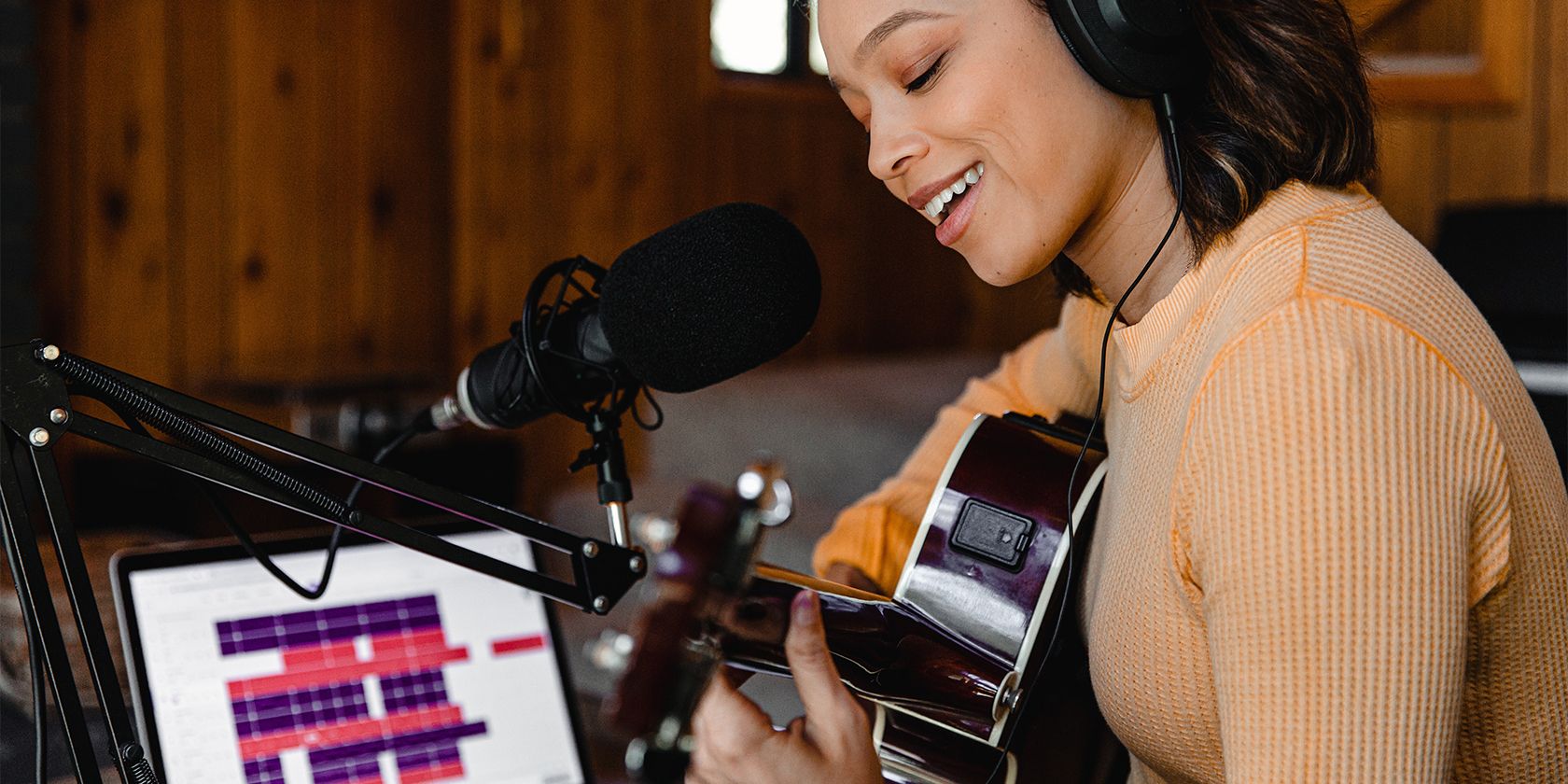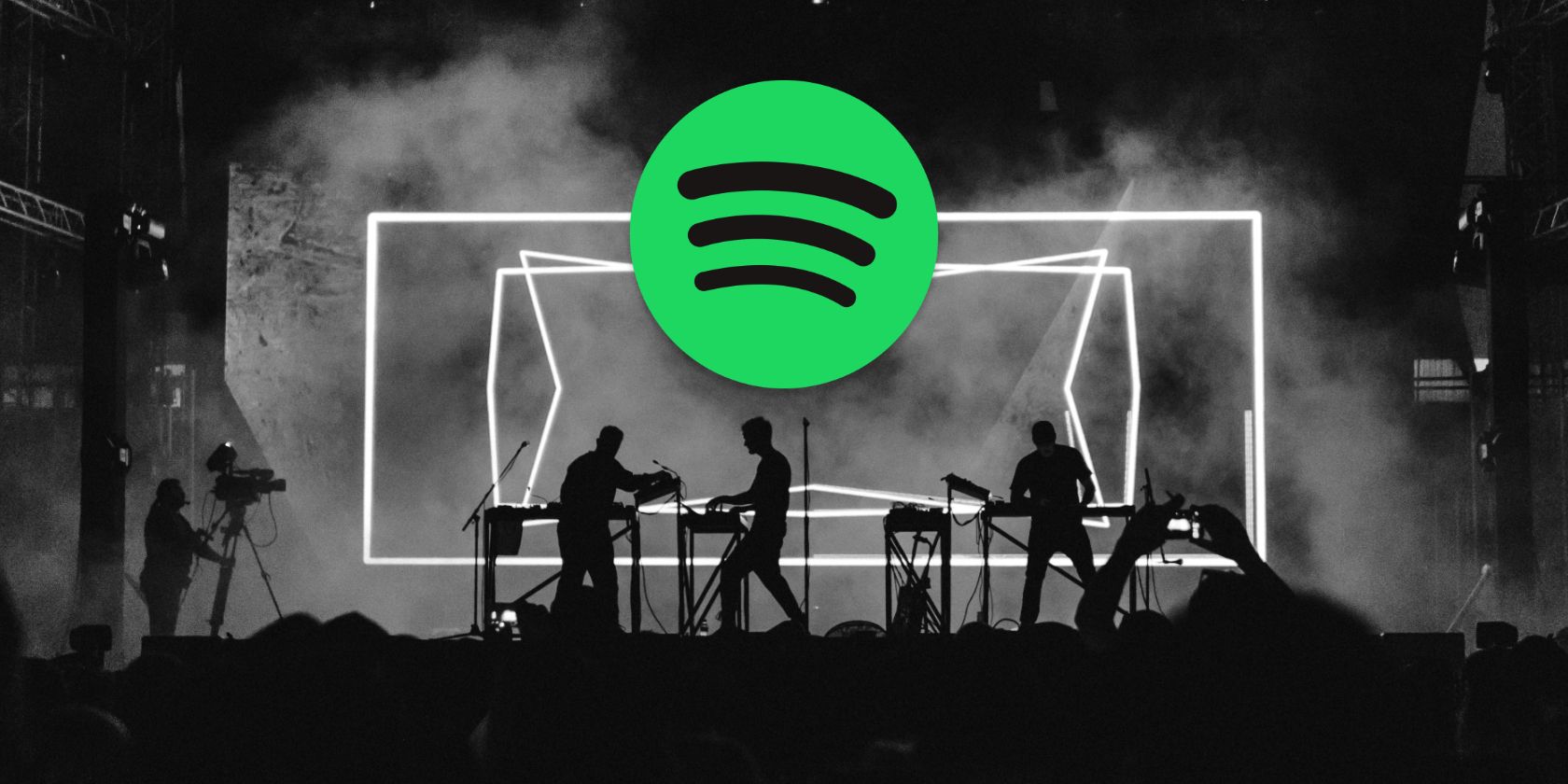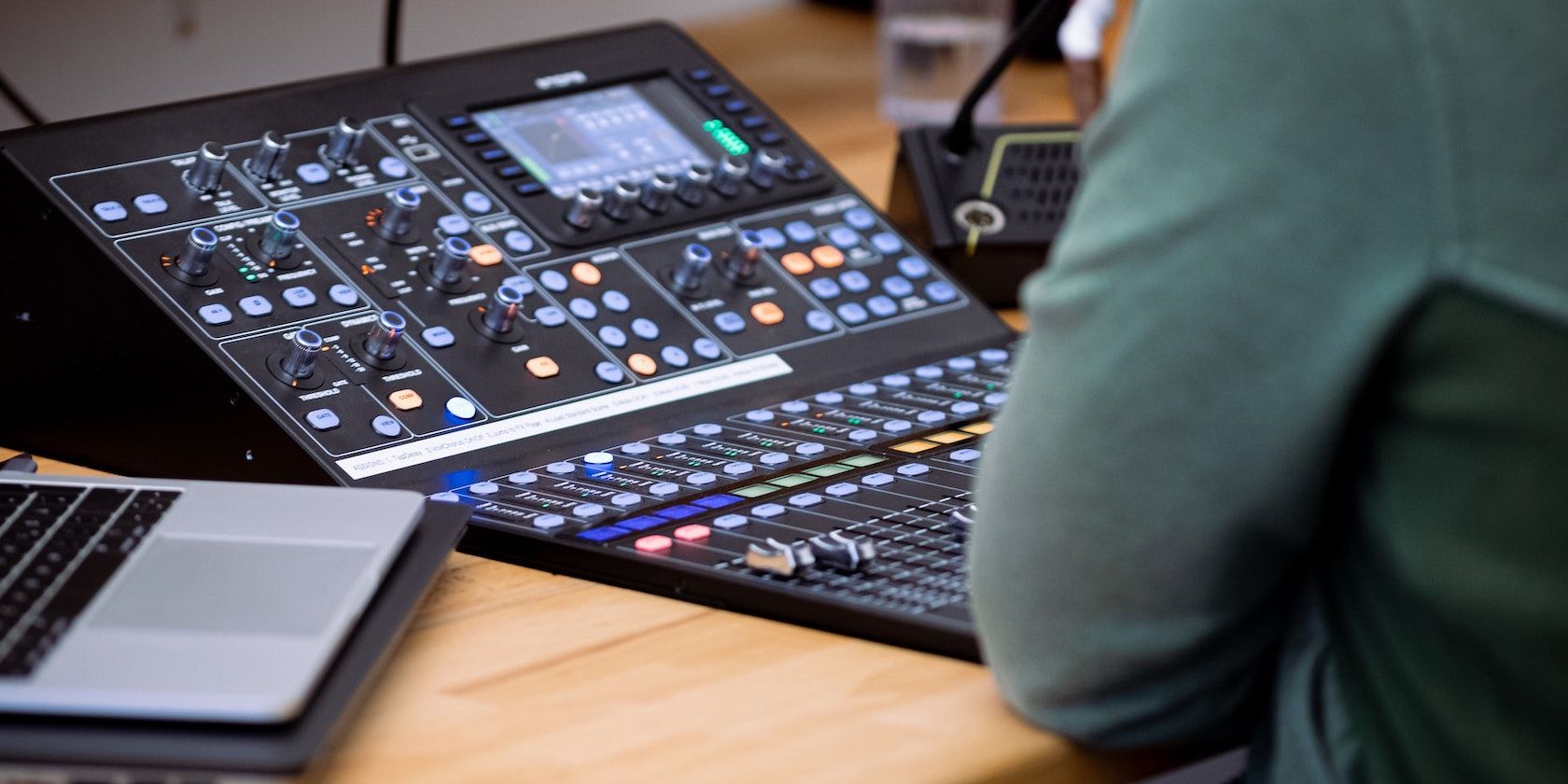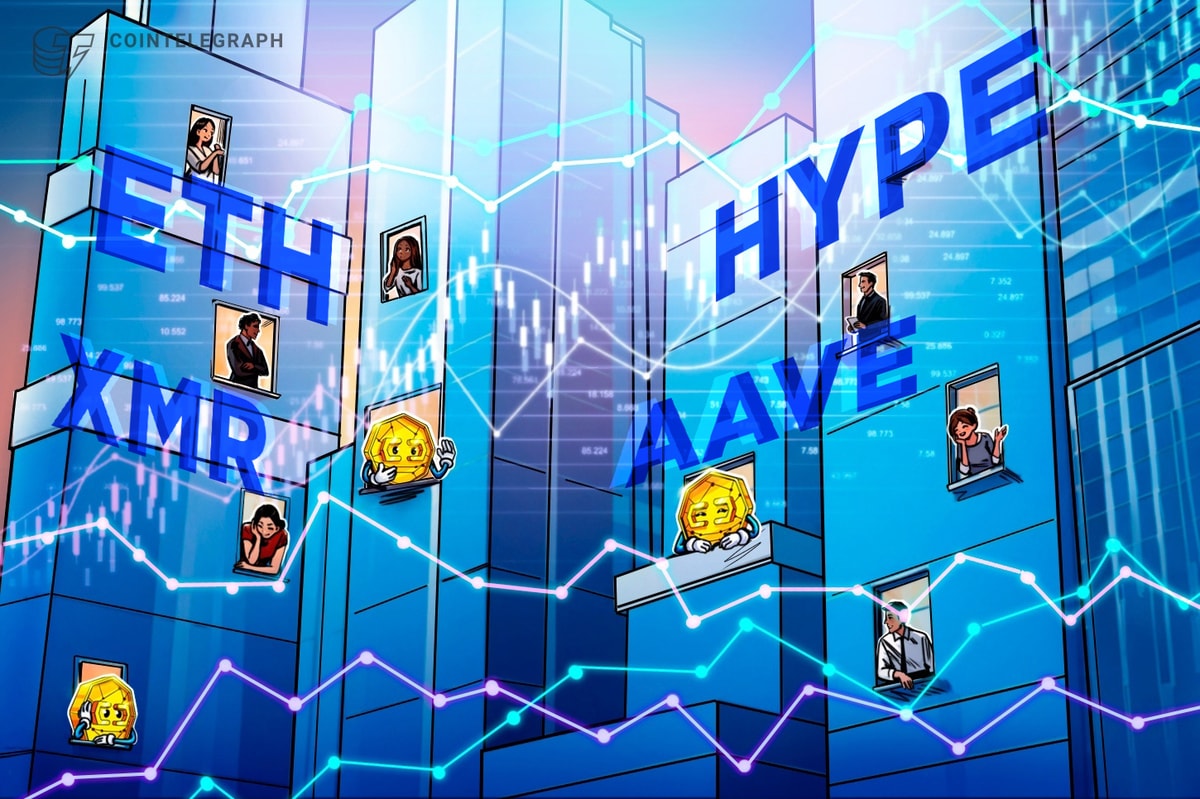As the music industry continues to grow and evolve, so does how artists can take control of their careers. One of the most talked-about changes in recent years has been the rise of non-fungible tokens or NFTs.
For musicians, NFTs offer a way to take back control of their careers by directly selling their music and other content to fans without going through a third-party platform like Spotify or iTunes. In addition, NFTs can create new revenue streams, fund future projects, and even directly support other artists.
What Are NFTs?
NFTs are digital assets stored on a blockchain, a decentralized ledger that allows for secure and transparent transactions. Because NFTs are unique and not interchangeable, they can be used to represent anything from art to ownership rights. If you want to know more about this technology, check out our primer on NFTs.
Now that you know what an NFT is, here are five ways musicians are using them to take back control:
1. Selling Music Directly to Fans
NFTs have been used to buy everything from virtual land in online games to tweets, and now they are used to buy and sell music. For artists, NFTs offer a new way to make money from their music. They can sell their songs as NFTs, which allows them to set their own price and get paid directly by fans.
This allows artists to keep 100% of the proceeds from each sale and avoid giving a cut to third-party platforms. And because each NFT is unique, fans can buy multiple copies of a song or even just parts of a song, which gives artists more control over how their music is distributed. In addition, it offers fans a way to directly support the artists they love.
As an added bonus, because NFTs are stored on the blockchain (a decentralized ledger), they can’t be censored or removed by anyone, which gives artists more control over their work.
2. Creating New Revenue Streams
In addition to selling music, many musicians also use NFTs to sell other types of content, such as photos, videos, artwork, and more. This provides artists with additional revenue streams that can be used to fund future projects.
3. Funding Future Projects
Some musicians are using NFTs as a way to raise funds for future projects. By selling limited edition content or offering exclusive experiences, artists can generate interest and excitement around upcoming releases while also generating much-needed funds without relying on music labels.
4. Supporting Other Artists
Many musicians are using NFT sales not only as a way to support themselves but also as a way to support other artists. By buying and promoting other artists’ NFT content, fans can help boost visibility for up-and-coming talent while supporting the music industry as a whole.
5. Building Fan Engagement
Musicians can use NFTS not only as a financial tool but also as a way to engage with their fans in new and exciting ways. By offering exclusive content, early access, or behind-the-scenes looks at future projects, fans will feel more connected than ever before—further deepening their connection with your music.
The Impact of NFTs on the Music Industry
The impact of NFTs on the music industry is still unfolding, but it’s clear that they offer a new way for artists to make money and connect with fans. With more control over how their music is distributed and sold, artists can experiment with different business models and pricing structures.
And because NFTs are stored on the blockchain, they offer a level of protection against censorship and removal that traditional forms of media don’t have. As the use of NFTs grows in the music industry, we will likely see more innovation in how artists release and sell their work.
Read More: news.google.com












 Bitcoin
Bitcoin  Ethereum
Ethereum  Tether
Tether  XRP
XRP  Solana
Solana  USDC
USDC  Dogecoin
Dogecoin  Cardano
Cardano  TRON
TRON  Lido Staked Ether
Lido Staked Ether  Wrapped Bitcoin
Wrapped Bitcoin  Sui
Sui  Wrapped stETH
Wrapped stETH  Chainlink
Chainlink  Avalanche
Avalanche  Stellar
Stellar  Hyperliquid
Hyperliquid  Shiba Inu
Shiba Inu  LEO Token
LEO Token  Hedera
Hedera  Bitcoin Cash
Bitcoin Cash  Toncoin
Toncoin  Litecoin
Litecoin  USDS
USDS  Polkadot
Polkadot  WETH
WETH  Monero
Monero  Bitget Token
Bitget Token  Binance Bridged USDT (BNB Smart Chain)
Binance Bridged USDT (BNB Smart Chain)  Wrapped eETH
Wrapped eETH  Pepe
Pepe  Pi Network
Pi Network  Ethena USDe
Ethena USDe  WhiteBIT Coin
WhiteBIT Coin  Coinbase Wrapped BTC
Coinbase Wrapped BTC  Dai
Dai  Uniswap
Uniswap  Bittensor
Bittensor  Aave
Aave  NEAR Protocol
NEAR Protocol  Aptos
Aptos  OKB
OKB  BlackRock USD Institutional Digital Liquidity Fund
BlackRock USD Institutional Digital Liquidity Fund  Jito Staked SOL
Jito Staked SOL  Ondo
Ondo  Tokenize Xchange
Tokenize Xchange  Cronos
Cronos  Ethereum Classic
Ethereum Classic